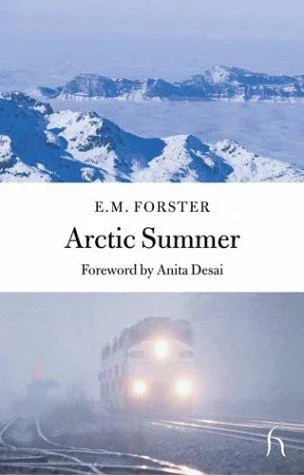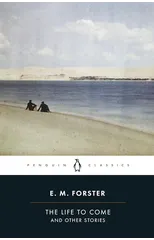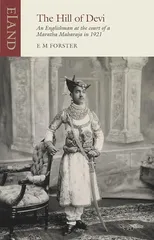A powerful exploration of the clash between two opposing worlds, Forster’s Arctic Summer posits the instinctive bravery of the traditional hero alongside the tolerance of the modern man, calling into question the very essence of the gentlemanly code. Embarking on a tour of Italy with his wife and mother-in-law, Martin Whitby slips and falls under a train. Owing his rescue to the quick thinking of a young soldier, he feels obliged to thank the youth, and so pursues the acquaintance. The two men differ sharply in outlook and opinion, however, and part rudely. But once back in England, Martin finds himself called upon by the soldier with an urgent request for help. British novelist E.M. Forster is the author of several 20th-century classics, including A Room with a View, Howard’s End, and A Passage to India.
E.M. Forster
E.M. Forster was a British novelist and essayist known for his insightful social commentary and exploration of human relationships. His most notable works include "A Passage to India," "Howards End," and "A Room with a View." Forster's writing style is characterized by its clarity, wit, and empathy towards his characters. He is credited with pioneering the psychological novel and challenging traditional British social norms. "A Passage to India" is considered his masterpiece, tackling themes of colonialism, race, and cultural misunderstanding. Forster's works continue to be celebrated for their timeless relevance and profound exploration of human nature.






